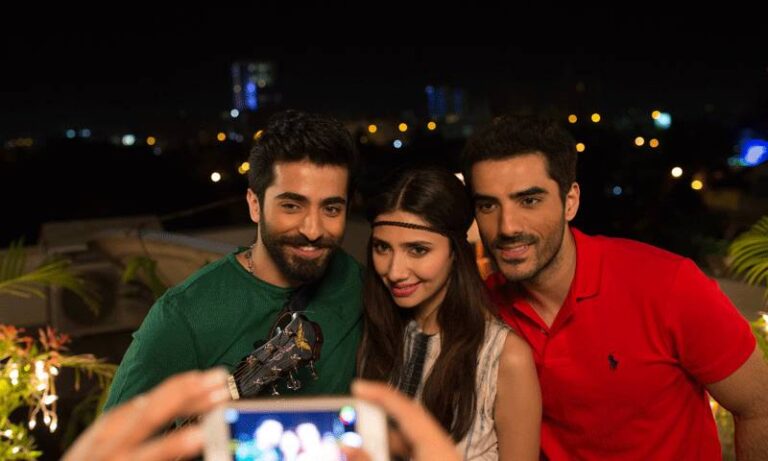Horror has long struggled to find its footing in Pakistani cinema. Despite a rich tradition of ghost stories and supernatural lore, mainstream films have rarely done the genre justice. But with Rafay Rashidi’s Deemak slated for a 2025 release, there’s a flicker of hope. Could this be the film to redefine horror in Pakistan?

The teaser for Deemak hints at an ambitious project. It combines South Asian folklore with modern filmmaking techniques to create a deeply unsettling narrative. The story, written by Ayesha Muzaffar, is inspired by personal tales and cultural myths. Much like the termites referenced in its title, the supernatural forces in the film invade a family’s home, threatening to destroy it from within
A Legacy of Missed Opportunities
Pakistani horror films have had a rocky journey. The country’s first attempt, Zinda Laash (1967), was an unauthorized Dracula remake. It gained cult status for its campy charm but failed to establish horror as a serious genre.
Since then, films like Hotal (2014)—where Meera confronts the spirit of her unborn sister—and Zibahkhana (2007), a zombie flick that performed well at festivals, have shown bursts of creativity. But the genre’s successes have been inconsistent.
One standout is Siyaah (2013), a psychological horror film that tackled black magic and dissociative identity disorder. TV dramas like Bandish and Raabta have also captured the eerie allure of supernatural themes. However, the big screen has yet to consistently deliver high-quality, terrifying storytelling
. Also read: Zibahkhana and the Politics of Metaphor
Also read: Zibahkhana and the Politics of Metaphor
Why Deemak Could Be Different
Deemak is already generating buzz, and for good reason. The film features a star-studded cast, including Faysal Quraishi, Sonya Hussyn, Samina Peerzada, and Bushra Ansari. The teaser showcases chilling visuals: a levitating bed, whispers in the shadows, and a figure perched unnaturally on a ceiling fan.
The visual effects, created in collaboration with a Canadian VFX team, are among the best seen in Pakistani cinema. Director Rafay Rashidi, known for Badshah Begum and Jamun Ka Darakht, brings his expertise to the project. His track record of handling complex stories suggests Deemak could be a turning point for the genre.
What Pakistani Horror Needs
For Deemak to succeed, it needs more than scares. It must deliver a story that connects emotionally while staying true to its cultural roots. Horror thrives on universal fears told through specific lenses. If Deemak can balance these elements, it could lead the way for a new era of Pakistani horror.
Pakistanis love a good scary story, but are we telling enough of them? If Deemak delivers, it might just prove that the future of horror in Pakistan is worth waiting for.








 Saim
Saim 

 Naqsh begins today, taking over the Faraar tim
Naqsh begins today, taking over the Faraar tim




